As a lab, we are very excited about the FTC’s Internet of Things workshop, which is going on today. The focus of the workshop is on security and privacy, and the four panels are on: the smart home, connected health and fitness, connected cars, and privacy and security — topics that we have been working on at UW for years now.
In his opening remarks, Keith Marzullo from the NSF included a slide on exemplar security and privacy projects for cyber-physical systems. The slide listed five example projects, three of which come from the UW CSE Security and Privacy Research Lab. Keith discussed UW’s work on analyzing the security and privacy properties of wireless implantable medical devices and, in particular, he cited our Oakland 2008 paper (in collaboration with UMass and BIDMC). He then went on to cite our experimental security analyses of a modern car, which appeared at Oakland 2010 and USENIX Security 2011 (in collaboration with UCSD). And, finally, he discussed the lab’s collaborative work with Howard Jay Chizeck (UW EE department) on secure telerobotics.
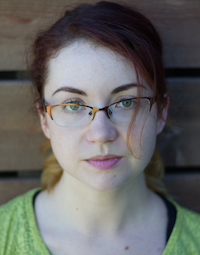 Congratulations to Prof. Tamara Denning! Prof. Denning will be joining the University of Utah’s School of Computing as a tenure-track Assistant Professor. Congratulations to the University of Utah too, which is very fortunate to be getting Prof. Denning! Prof. Denning has done some amazing and visionary work in the field of computer security and human-computer interaction. She is scheduled to receive her PhD from the University of Washington in June.
Congratulations to Prof. Tamara Denning! Prof. Denning will be joining the University of Utah’s School of Computing as a tenure-track Assistant Professor. Congratulations to the University of Utah too, which is very fortunate to be getting Prof. Denning! Prof. Denning has done some amazing and visionary work in the field of computer security and human-computer interaction. She is scheduled to receive her PhD from the University of Washington in June.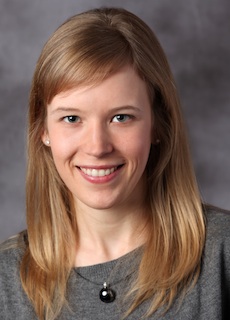 We are very excited to say that
We are very excited to say that 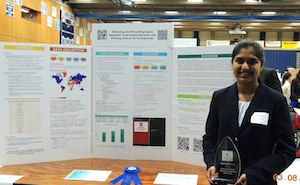 Alisha Saxena, a senior from Interlake High School, was named the First Runner-Up in the
Alisha Saxena, a senior from Interlake High School, was named the First Runner-Up in the 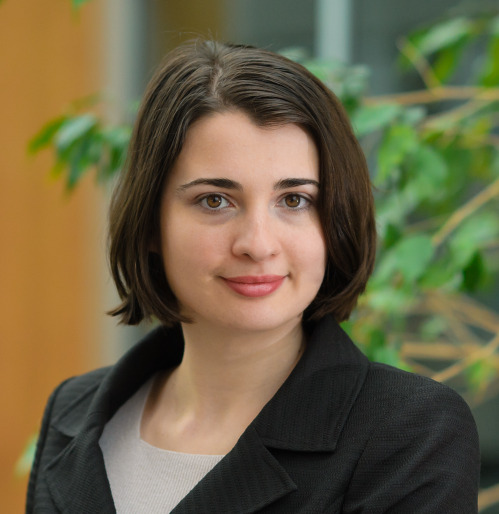 Congratulations to Columbia University professor (and UW CSE PhD alum)
Congratulations to Columbia University professor (and UW CSE PhD alum)  Congratulations to
Congratulations to 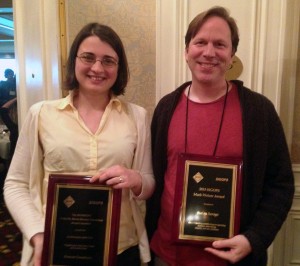 The
The 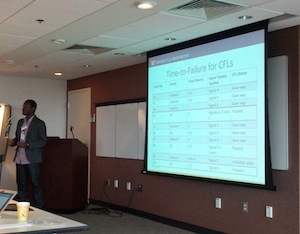 Last week
Last week